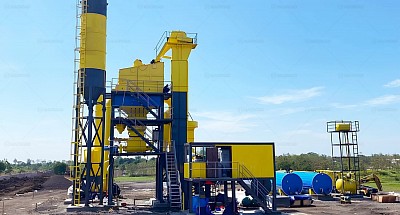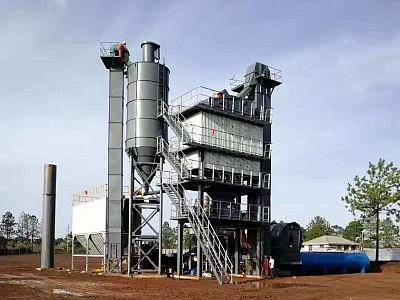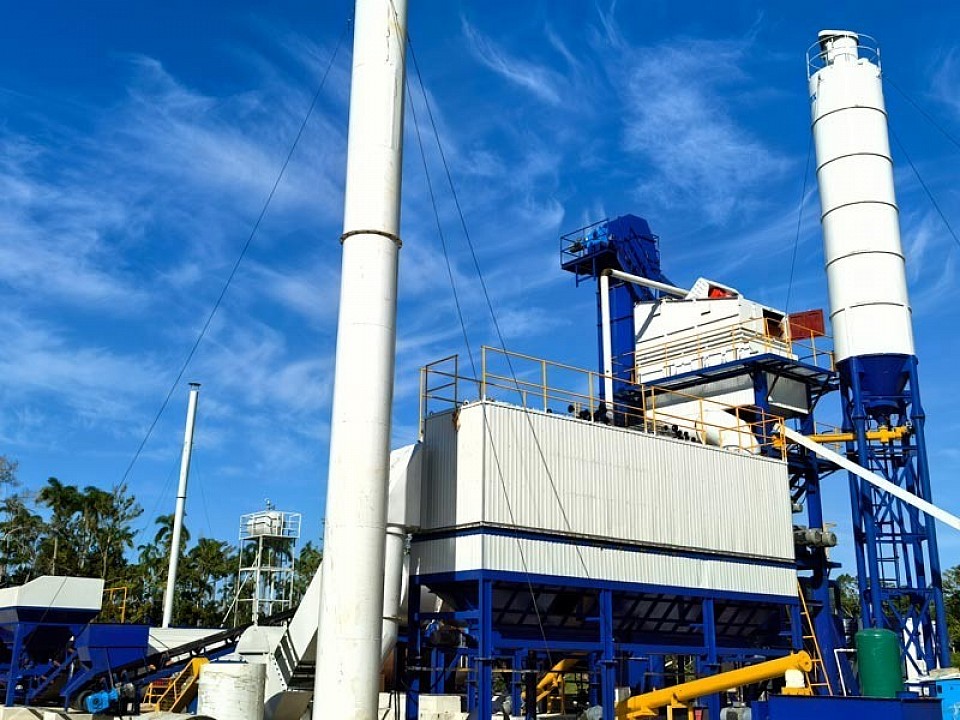Reducing Raw Material Costs in Mixing Plants Through Bulk Aggregate Procurement
The Financial Benefits of Bulk Purchasing
One of the primary advantages of bulk aggregate procurement is the potential for reduced material costs. When customers buy in larger quantities, suppliers are often willing to offer discounts or more favorable pricing terms. This can lead to considerable savings over time, particularly for operations such as asphalt hot mix plants that require significant volumes of materials for production.
For example, a fixed asphalt mixing plant may need to source large amounts of aggregates regularly. By shifting to bulk purchasing, operators can negotiate lower prices per ton, which directly impacts their overall cost structure. This reduction in raw material costs can enhance profitability, allowing companies to invest in other operational areas such as technology upgrades or workforce training.
Additionally, bulk procurement can streamline logistics and reduce transportation costs. Fewer deliveries mean lower shipping expenses and less disruption to production schedules. This efficiency can be particularly beneficial in mobile asphalt plants, where timely access to materials is crucial for maintaining project timelines.
Improved Supply Chain Management
Bulk aggregate procurement also enhances supply chain management for mixing plants. By establishing long-term relationships with suppliers, operators can create more predictable and reliable supply chains. This stability ensures that the necessary materials are always available, minimizing the risk of production delays caused by shortages.
Furthermore, having a consistent supply of aggregates allows for better planning and forecasting. Operators can optimize their production schedules and reduce waste, as they are more likely to have the right materials on hand when needed. This predictability is vital for maintaining efficiency in operations, especially in environments where demand fluctuates, such as during peak construction seasons.
In the context of a strong asphalt mixing plant, effective supply chain management can lead to smoother operations and improved quality control. Consistent material quality is essential for producing high-grade asphalt, which can further enhance customer satisfaction and reputation in the market.
Sustainability and Environmental Impact
In addition to financial and operational benefits, bulk aggregate procurement can also contribute to sustainability efforts within the asphalt industry. By reducing the number of deliveries, operators can lower their carbon footprint associated with transportation. This is particularly important as environmental regulations become stricter and customers increasingly prioritize sustainability in their supply chains.
Moreover, bulk purchasing often encourages the use of local suppliers, which can further reduce transportation distances and associated emissions. By sourcing materials closer to the mixing plant, operators can foster community relationships and support local economies while also minimizing their environmental impact.
This shift towards more sustainable practices can enhance the overall brand image of asphalt mixing plants, making them more appealing to environmentally conscious clients. In a competitive market, demonstrating a commitment to sustainability can be a significant differentiator.
Conclusion
In conclusion, bulk aggregate procurement presents a valuable opportunity for customers to reduce raw material costs in asphalt mixing plants. By leveraging the financial benefits of bulk purchasing, improving supply chain management, and contributing to sustainability efforts, operators can enhance their overall efficiency and profitability. As the asphalt industry continues to evolve, adopting strategic procurement practices will be essential for maintaining a competitive edge, particularly in operations such as asphalt hot mix plants that demand high-quality materials at reduced costs.



